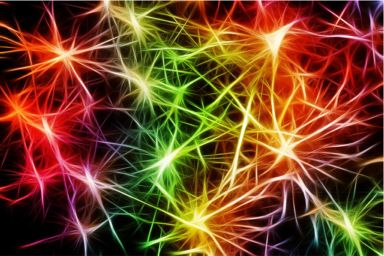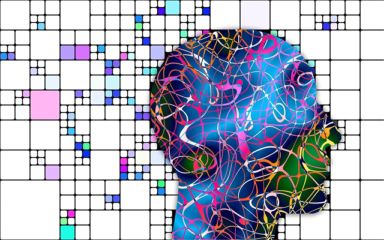Since her book, Molecules of Emotion, came out, I have been a fan of the late Dr. Candace Pert. She and her research have been instrumental in legitimizing the new science of mind-body connection. Our minds are intricately connected to our bodies, and to the chemicals that do their work within our nervous systems.
Since the HSP nervous system differs from those of the rest of the population, it is an important step in your health to understand what those body chemicals do. And how they react within the “highly sensitive” nervous system.
When we review the common “health” information offered, we must remember that our nervous systems respond differently. It is crucial to analyze that information in the context of your own unique body.
Norepinephrine

When I published my memoir, Mere Sense, my mother-in-law wanted to read it so I sent her a copy. She gave me feedback. Her only “negative” comment (and I don’t think it is negative, knowing myself as I do now) was that there were parts that were “too emotional” for her. Because of this she had to put it down for a while before returning to it. I sometimes forget that the rest of the world does not possess the same emotional vividness that I do.
In line with that strong emotional mindset, I also describe in that memoir, a social incident that caused so much stress, that I stood up and ran from the encounter. This was the triggering event in my life that caused me to seek out why I was so different from others. I learned that it had to do with my fight-or-flight response, which was strong due to my sensitivity. The heightened emotions I felt also contributed to my flight from the moment.
Norepinephrine (also known as noradrenaline) is linked to an HSP’s strong emotional response (including the fight-or-flight response). It is a neurotransmitter and hormone that is part of your sympathetic nervous system. It is key to an HSP’s emotional vividness, or your perception of emotional aspects of your life.
This is why your response to emotions is stronger than a non-HSP. It is why you pick up on emotional cues faster (or at all). This ability contributes to your powerful emotional empathy and ability to actually experience another person’s emotions.
Dopamine
Like many other HSPs, I struggled in workplace meetings when asked to contribute in real time. This is due to the fact that I have to mull things over before I feel comfortable giving my opinion. My depth of processing trait takes over and I am overwhelmed in my thoughts. They can take no clear direction until I have the time to process the details and see their interactions.
Dopamine is a neurotransmitter that makes you feel good. Its function is to help nerve cells send messages to one another. It also helps motivate you to complete certain tasks.
HSPs experience a different response to dopamine than the non-HSP. Our brains are less likely to be affected by dopamine. That unresponsiveness helps us with our depth of processing trait. We are more thoughtful, observant, and preoccupied with the details that lead us to our insightful conclusions.
I may not have been able to contribute on the spot, but I compensated for it by offering unique perspectives and input later.
Serotonin and Serotonin Transporter

There were several childhood experiences that impacted my development into who I am today. I detailed some of them in my memoir.
Serotonin is a neurotransmitter and hormone that is tasked with stabilizing our moods. Serotonin transporter is the chemical that carries serotonin out of the brain. Combined, these two move messages between nerve cells in both the brain and the body.
HSPs have a modified gene to the typical serotonin transporter called 5-HTTLPR. As a result, we have decreased serotonin, but gain an increase of sensitivity to our surroundings. Though we have less serotonin, we have an increased ability to learn from our experiences. Given these differences, it would follow that these negative childhood experiences played a large role in my life.
For those looking for scientific verification, this study’s results found that we are, indeed, more affected when it comes to adult life satisfaction.
Knowledge is the great impetus to learning how to take care of ourselves. But you can’t always rely on “cookie cutter” advice until you understand these chemical differences in your body vs. the average person. Arm yourself with specific knowledge. It will pay off in the end.
Copyright 2023, Monica Nelson

